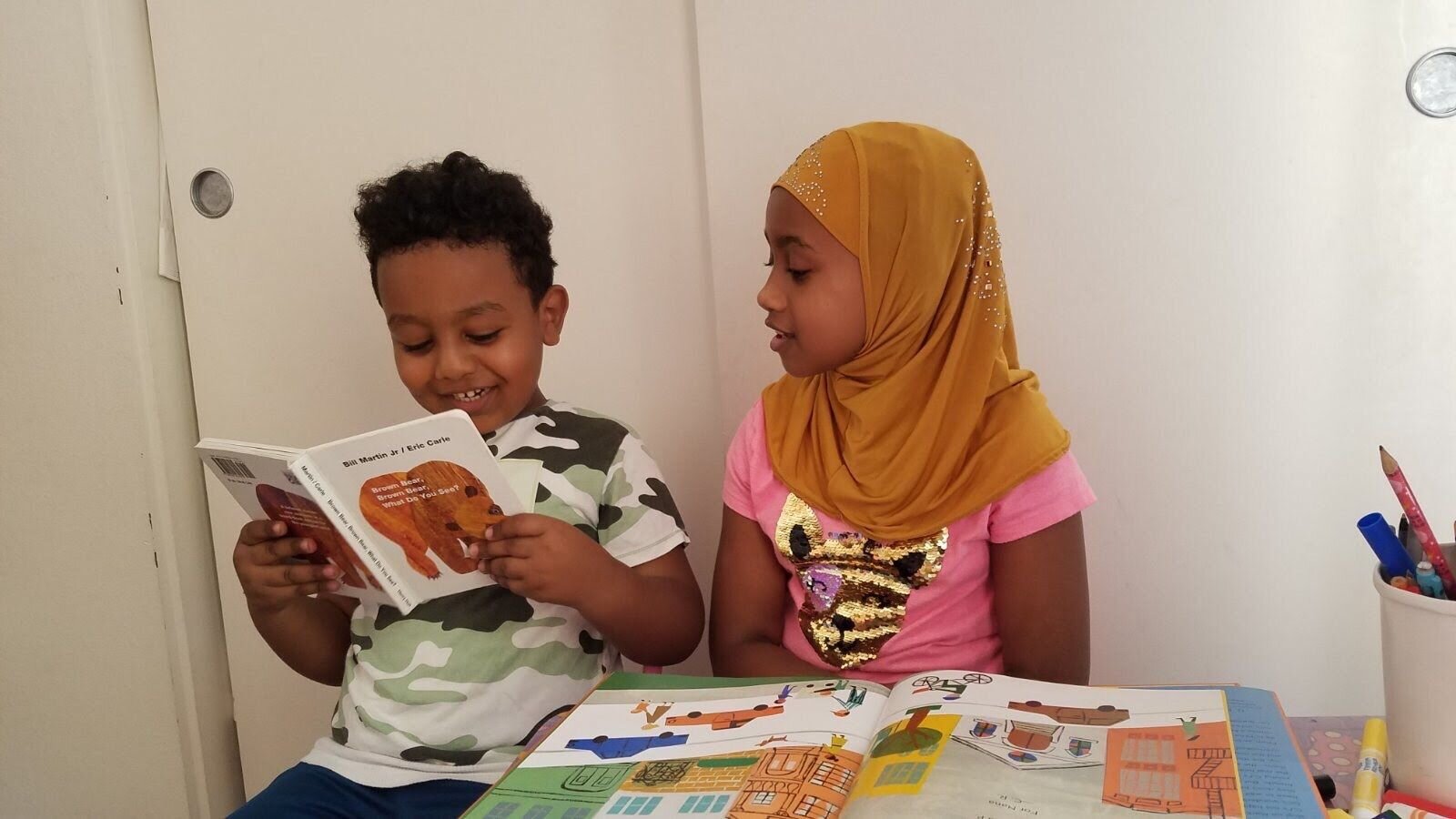You probably know that here at Words Alive, we believe deeply in the power of reading. But did you know that the act of writing has tremendous value, too? As well as being a powerful tool for communication, writing can also be an art form—one that is capable of helping us understand our thoughts, emotions and situations.
Read on to learn about a few of the many ways that writing can benefit us!
Writing can help us process emotions
““I can shake off everything as I write; my sorrows disappear, my courage is reborn.” ”
The ability to use words to shape an imagined reality, or to reflect our authentic realities, is not only a cathartic process, but one that can make our emotions clear to ourselves and help us make sense of them.
Creative writing can function as a medium for release of difficult emotions in a considerate, controlled way. It can provide anyone, young or old, with an environment free of judgement and expectations — a safe space where they can feel free to write their way through confusion, anger, frustration or sadness. And this has measurable impacts — the psychologist James Pennebaker has shown that when people write about emotional experiences, significant physical and mental health improvements often follow.
Writing can increase our resilience
Another benefit of creative writing is its ability to develop resilience in a writer (one of our themes for this upcoming program year!). Writer and educator Laura Bean wrote an article for the University of California, Berkeley, about the various methods of creative writing that she uses to help her students build resilience.
In the face of challenges such as financial hardship, cramped living and learning environments, and domestic violence (and now isolation, health concerns, and mental health challenges brought on the pandemic), Bean describes how writing can help her students persevere.
By sharing their stories of bravery and resilience, they encourage a growth mindset in one another. Through studying and writing poetry, they focus on hope. As they reflect on their dreams, they build community and kindness towards themselves and others — all factors that contribute to resilience.
Writing can help us become better readers
Mary K. Tedrow, an award-winning teacher and author of the book Write, Think, Learn asserts that writing and reading are fundamentally dependent on each other. As students develop their own work, they learn how to understand other authors better. Writing can help students become better readers by increasing their reading fluency, encouraging a deeper understanding of the written word, and helping them grasp the construction of an author's argument. According to Tedrow, “Students who write are better, more observant, more appreciative readers...and students who read are better, more competent writers.”
Writing can generate change
Writing can be a powerful form of activism. Whether we are sharing our personal true stories, highlighting social issues through fiction, or writing protest poetry, we can use our words to call people to action and generate change. Last year, we saw students do just that through our exhibit, The Future is Us, as they used art and words to call community leaders to action on issues such as equitable housing, racism, and environmental justice. As college students Jessenia N. Class and Robert Miranda wrote for The Harvard Crimson, "Ideas of change are powerful. And the words and the stories we use to tell these ideas have the potential to spark great movements."
Ready to start your writing journey?
If you still need some inspiration, visit our Covid Diaries exhibit to see some incredible examples of student writing. And when you're ready to write, check out the Words Alive Write Now page to find writing prompts, advice from published authors, and hands-on activities to get started. Happy writing!
This post was written by Nia Lewis and Zoe Wong, Words Alive volunteers! Do you love writing and have an interest in helping Words Alive create this type of content? We'd love to have you on the team! Email to learn more.





